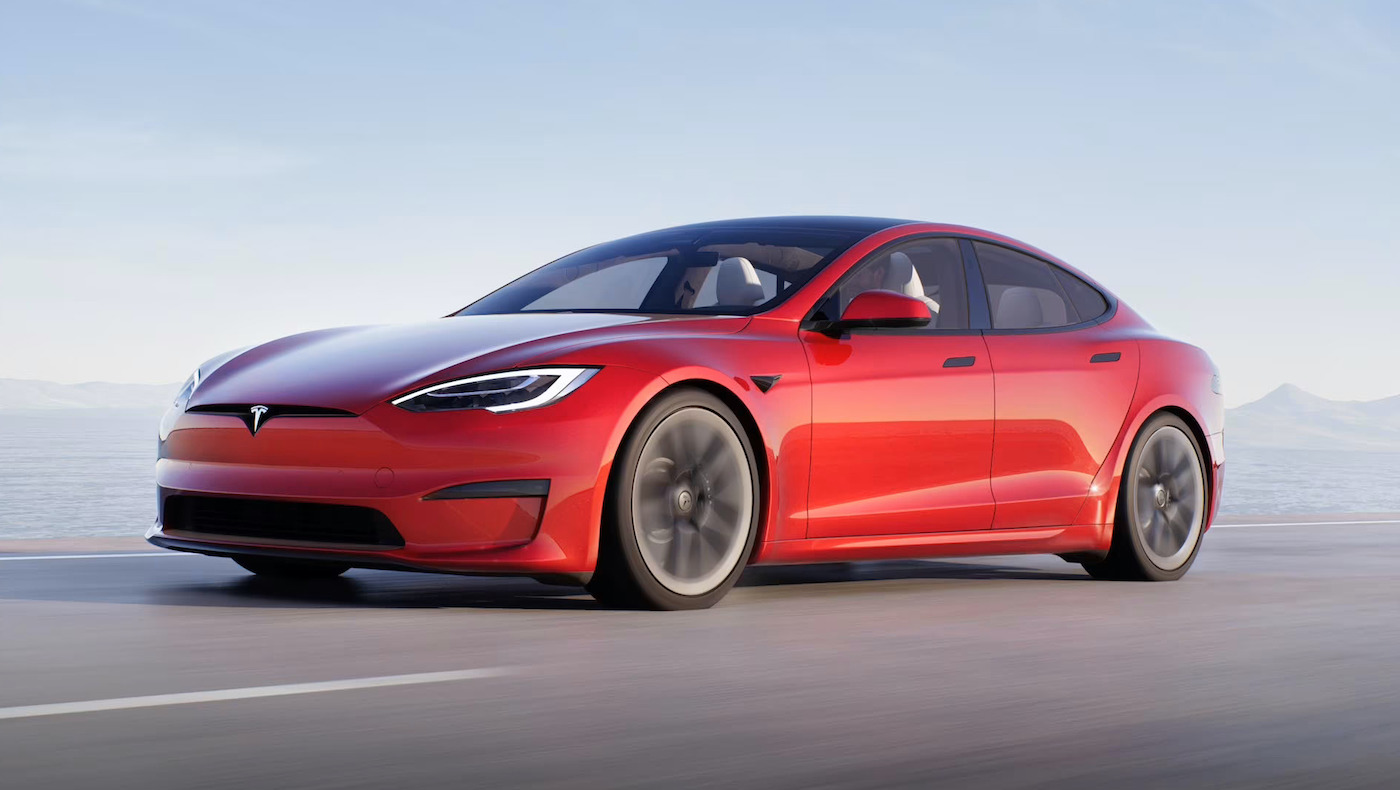Facebook is accused of secretly draining smartphone batteries
A former employee is suing Facebook’s parent company over its “negative testing” practice, which involves draining users’ cellphone batteries so they can test certain app features.
If you’ve ever noticed your battery draining abnormally fast when using the Facebook or Messenger app on your iPhone, it might not be a coincidence. Indeed, according to a former Meta data scientist, George Hayward, the company has the ability to drain users’ Android and iPhone batteries as part of its internal application testing.
This process, called “negative testing,” allows tech companies to covertly drain a user’s phone batteries in order to test the functionality of an application or problems such as how fast their app is running or how well an image might loadaccording to data scientist George Hayward.
Read also – Facebook and Instagram: bare breasts will soon no longer be taboo
Uninstall Facebook if you want to increase the battery life of your device
Hayward worked on Facebook’s Messenger app, which lets users send text messages or make phone or video calls. He claims to have been fired by Facebook in November after refusing to perform negative tests due to concerns about user safety.
He has since withdrawn his lawsuit against Meta, Facebook’s parent company, which was filed in federal court in Manhattan, but stands by his allegations. The engineer would have seen internal documents titled ” How to Perform Thoughtful Negative Tests » including examples of the experiments carried out, which would indicate that the company would not be at its first attempt.
Hayward reportedly tried to warn his management against this practice. It can harm someone “. A manager would then have replied thatby harming a few, we could help the greatest number. ” Any data scientist worth their salt knows not to hurt people “, he told the New York Post. Indeed, a victim of the tests could need to make an emergency call, but would then find themselves unable to do so if their smartphone has no more battery.
Source : New York Post

